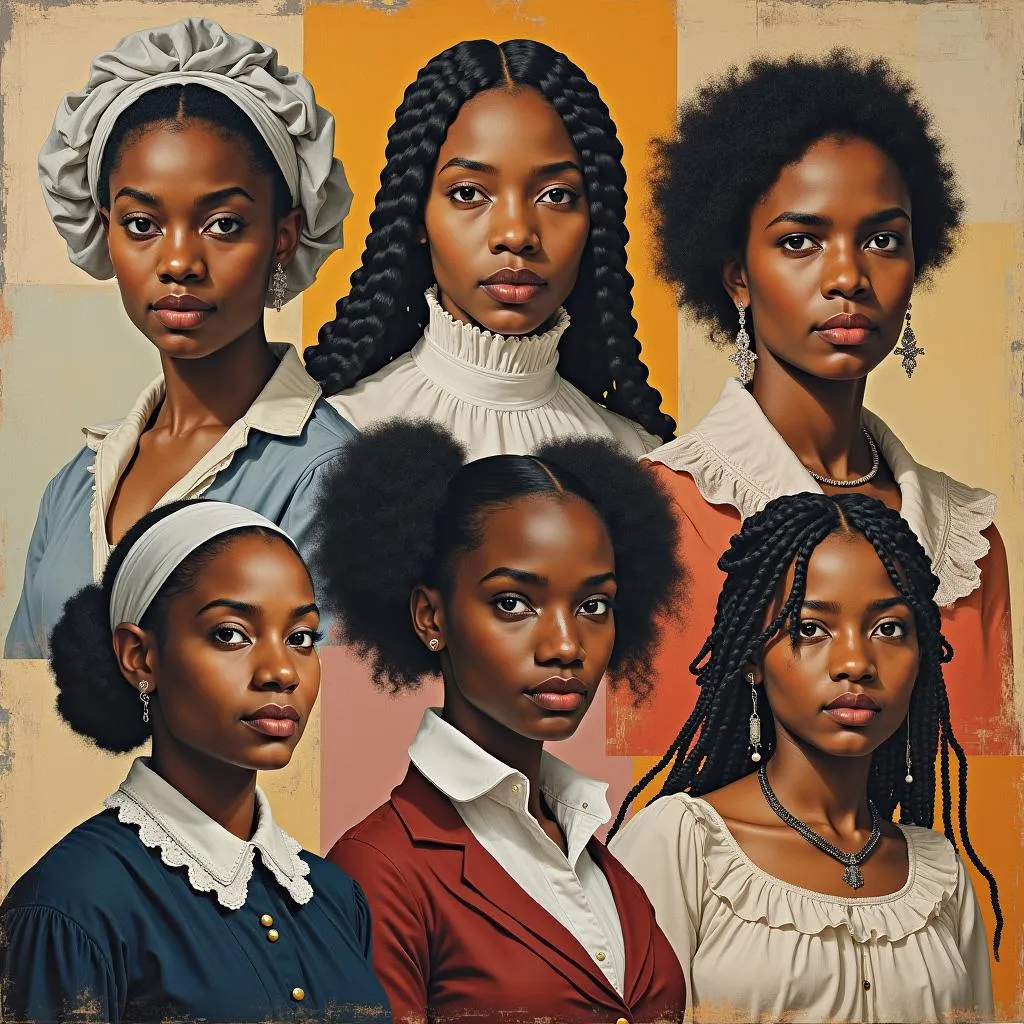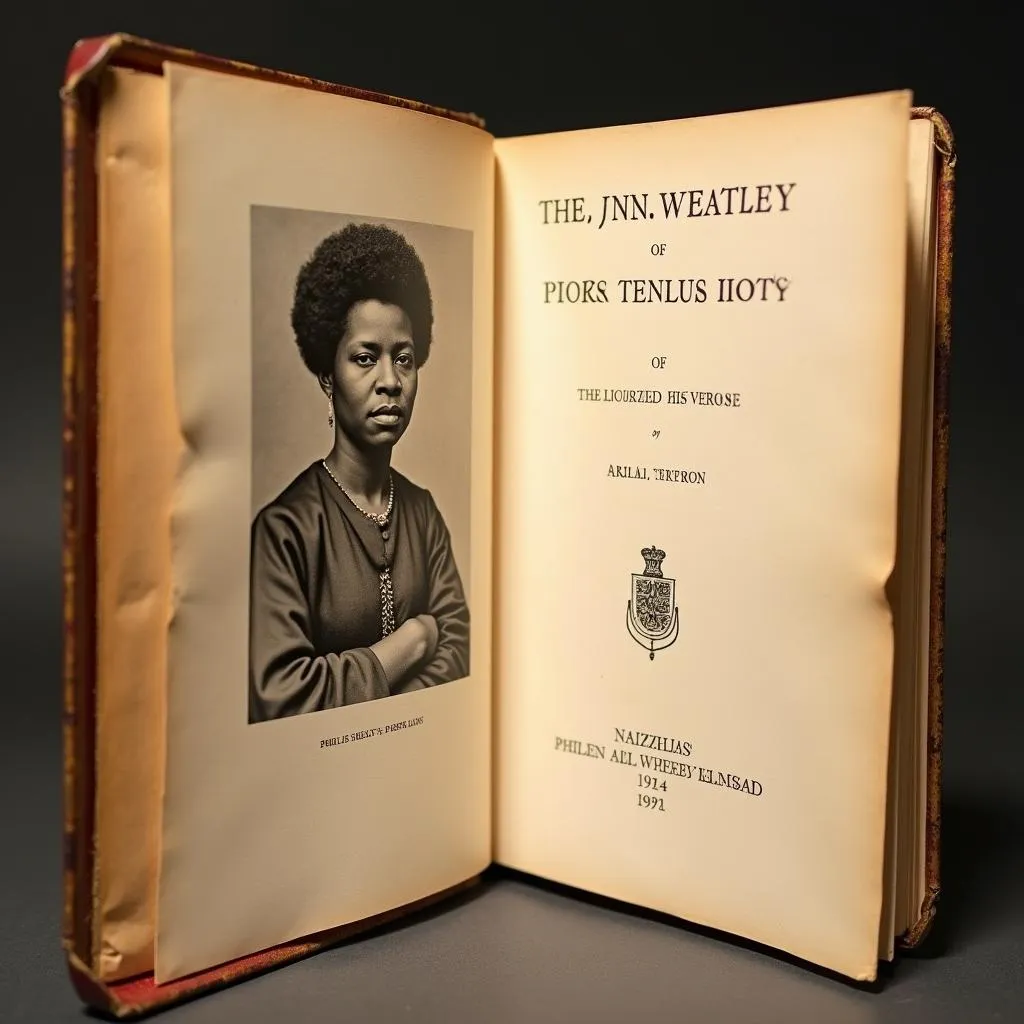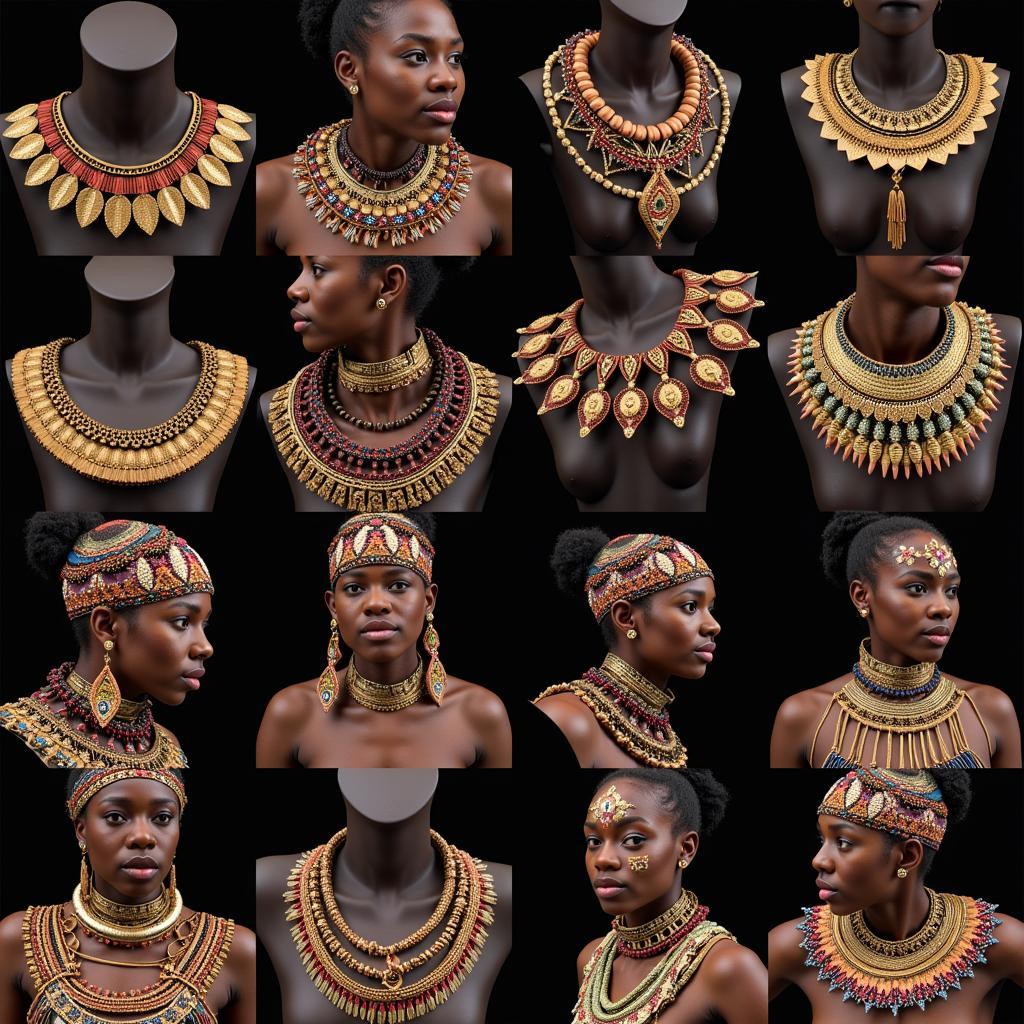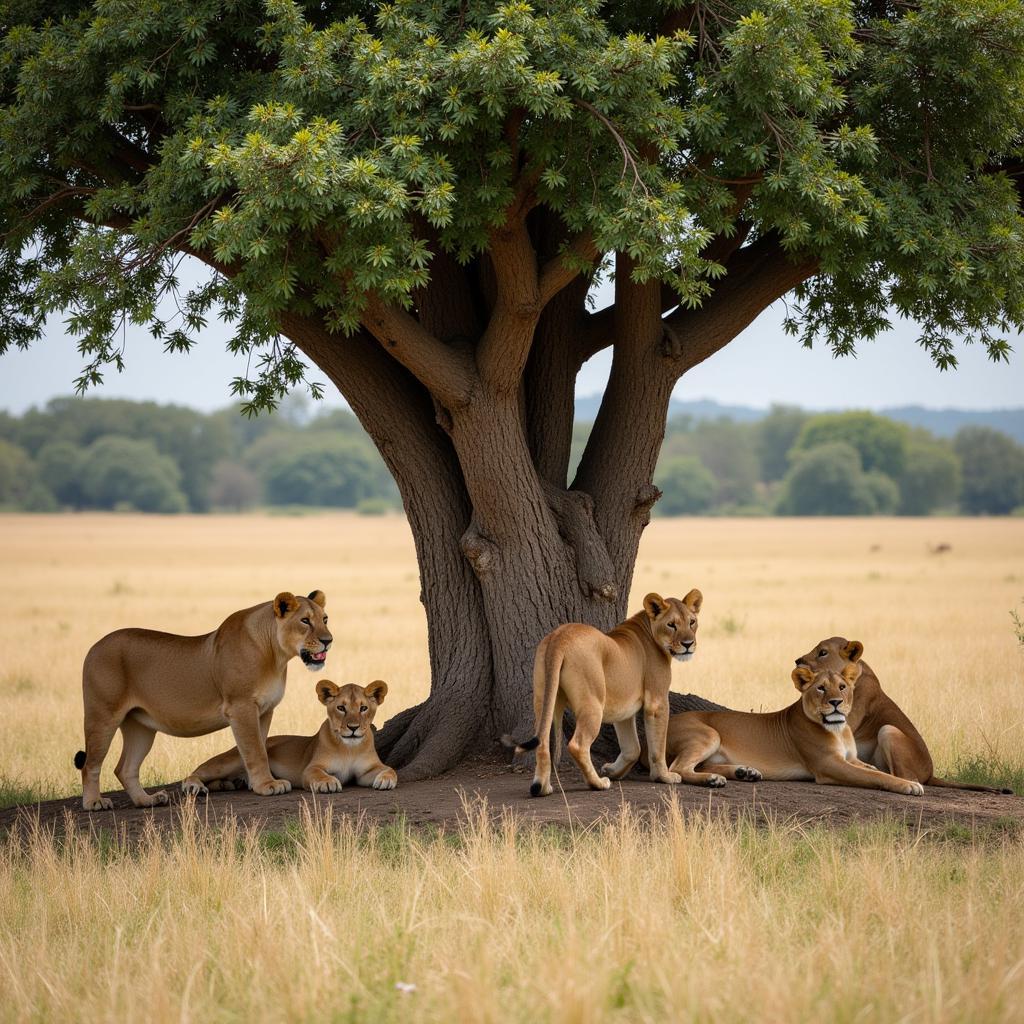African American Female Writers of the 19th Century: Literary Pioneers
The 19th century witnessed the rise of remarkable African American female writers who bravely challenged societal norms and gave voice to the Black experience in America. These literary pioneers, despite facing immense prejudice and systemic barriers, made significant contributions to American literature. They used their words to fight for social justice, equality, and an end to slavery, leaving an enduring legacy that continues to inspire generations.
 19th Century African American Women Writers
19th Century African American Women Writers
Overcoming Obstacles: A Struggle for Recognition
The journey for African American female writers in the 19th century was fraught with challenges. Denied formal education and facing limited publishing opportunities, their voices struggled to be heard. They were often relegated to writing for abolitionist newspapers or religious publications, their literary aspirations stifled by a society that refused to acknowledge their talent.
One such formidable figure was Phillis Wheatley, the first African American and one of the first women to publish a book of poems in the American colonies. Her work, though celebrated for its technical skill, often had to prove her authorship due to pervasive racism.
 Phillis Wheatley's Book of Poems
Phillis Wheatley's Book of Poems
Powerful Voices Against Injustice: The Fight for Freedom
Many African American female writers of this era were active participants in the abolitionist movement. Their writings served as powerful indictments of the horrors of slavery and poignant calls for equality.
Sojourner Truth, a powerful orator and abolitionist, used her voice, both literally and figuratively, to advocate for the end of slavery and the recognition of women’s rights. Her famous “Ain’t I a Woman?” speech remains a testament to her fierce advocacy and unwavering commitment to justice.
Frances Ellen Watkins Harper, another prominent writer and activist, published poems, novels, and essays that addressed not only slavery but also issues such as education, family, and social reform. Her works, imbued with a strong moral compass, resonated with readers across the nation, solidifying her place as a leading voice of her time.
Literary Themes: Identity, Resistance, and Hope
The writing of these women explored themes central to the African American experience. Identity, particularly in the face of racial prejudice and forced assimilation, was a recurring motif. They wrote about the psychological impact of slavery, the importance of family and community, and the strength found in faith and resilience. Their narratives, often autobiographical, provided intimate glimpses into the lives of Black Americans, challenging prevailing stereotypes and demanding recognition of their humanity.
A Lasting Legacy: Paving the Way for Future Generations
While their contributions were often overlooked during their lifetime, the impact of 19th-century African American female writers on American literature is undeniable. They broadened the scope of literary themes, challenged societal norms, and paved the way for future generations of Black writers to share their stories. Their words continue to resonate today, reminding us of the power of language to inspire change and give voice to the marginalized. They remain an inspiration, not only for their literary achievements but also for their unwavering courage and commitment to justice.
FAQ
Q: Who are some other notable African American Female Writers Of The 19th Century?
A: Besides those mentioned, other influential figures include Anna Hudlun, Harriet Jacobs, and Lucy Goode Brooks.
Q: Where can I find more information about these writers and their work?
A: University libraries, online archives, and literary journals are excellent resources for further exploration.
Need More Information?
For more insights into African culture and history, explore these related articles:
Do you have other questions or need assistance? Contact our 24/7 customer service team at +255768904061, email us at kaka.mag@gmail.com, or visit our office in Mbarali DC Mawindi, Kangaga, Tanzania.


